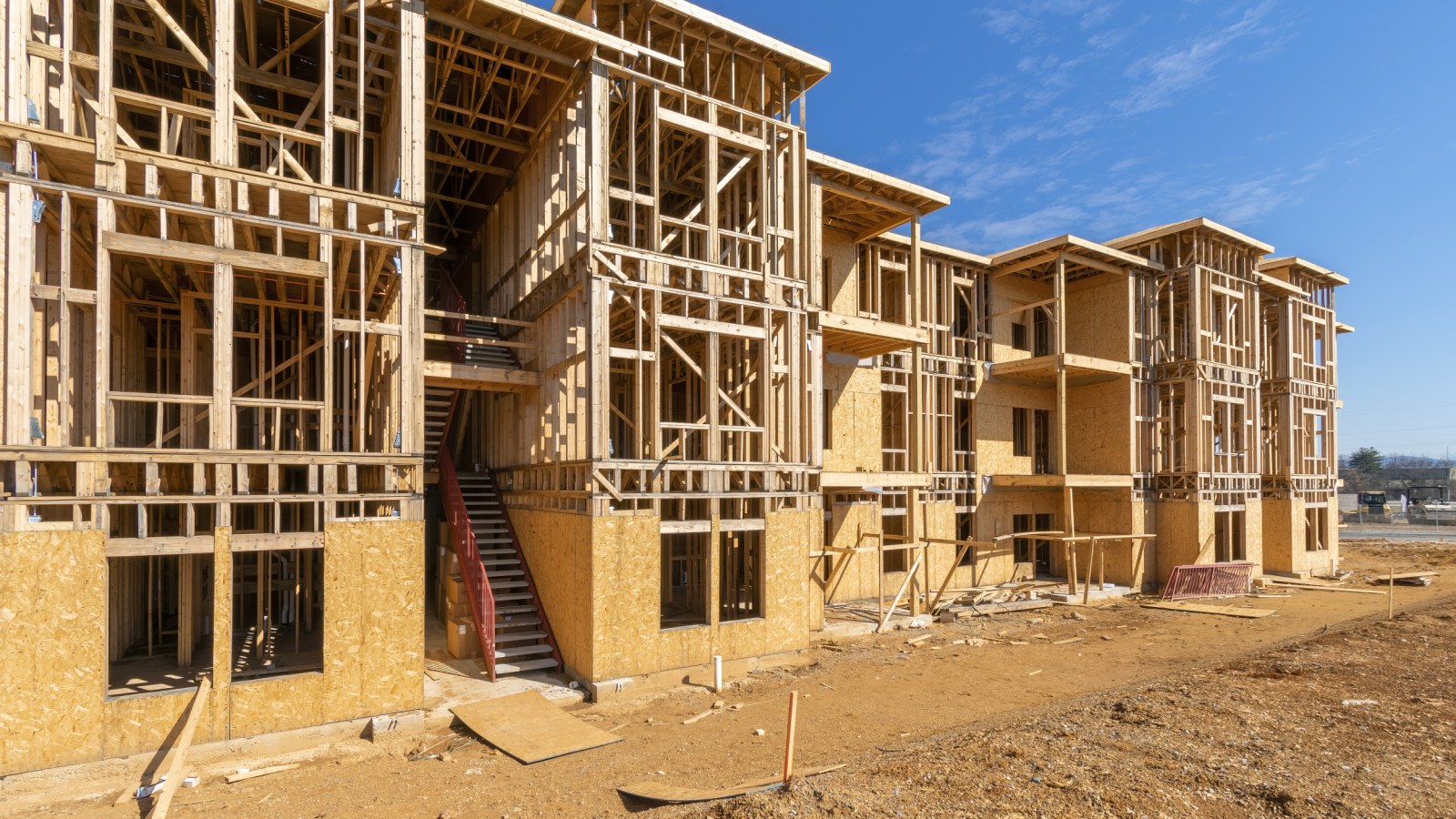The 1980s Housing Tax Credit Boosting Affordable Homes
3 minute readPublished: Wednesday, September 10, 2025 at 11:13 am

Reagan-Era Tax Credit Fuels Affordable Housing Boom in North Carolina
A federal program, born from the Tax Reform Act of 1986, is poised to inject significant investment into North Carolina's affordable housing market. The Low-Income Housing Tax Credit (LIHTC), a program initiated during the Reagan administration, is set to facilitate the construction of $1.47 billion worth of affordable apartments across the state. This initiative aims to alleviate the burden of rising housing costs and stimulate job creation.
The LIHTC program incentivizes private developers to build or renovate affordable rental housing. Developers receive federal tax credits in exchange for maintaining affordable rents for low-income households for a period of 15 to 30 years. These tax credits can then be sold to investors, often large corporations, who use them to offset their tax liabilities. This influx of private capital reduces the debt burden on developments, ultimately lowering rents and making housing more accessible.
North Carolina, where home prices have surged and the average rent stands at $1,870, is a prime beneficiary of this program. The state's housing agency, which administers the program, anticipates the addition of thousands of affordable apartments this year. The program is expected to support nearly 22,000 jobs and generate over $95 million in state and local tax revenue. This year, 50 developments have been approved, resulting in over 5,000 new affordable apartments, including units for families, seniors, and individuals with disabilities.
The program provides developers with a reliable source of financing, enabling them to undertake projects that might otherwise be financially unfeasible. It also offers the potential for long-term returns and positions developers as key partners in addressing the critical need for affordable housing. Since the program's inception in 1987, over 133,900 apartments have been built in North Carolina.
BNN's Perspective: The LIHTC program represents a pragmatic approach to addressing the affordable housing crisis. By leveraging private investment and offering incentives, the program fosters public-private partnerships that can deliver tangible results. While the program's effectiveness in the long term requires careful monitoring, it offers a promising avenue for increasing housing affordability and stimulating economic growth.
Keywords: Low-Income Housing Tax Credit, LIHTC, affordable housing, tax credits, North Carolina, housing market, developers, rental housing, Reagan, Tax Reform Act of 1986, housing affordability, jobs, economic growth, apartments, seniors, families, disabilities, housing costs, private investment